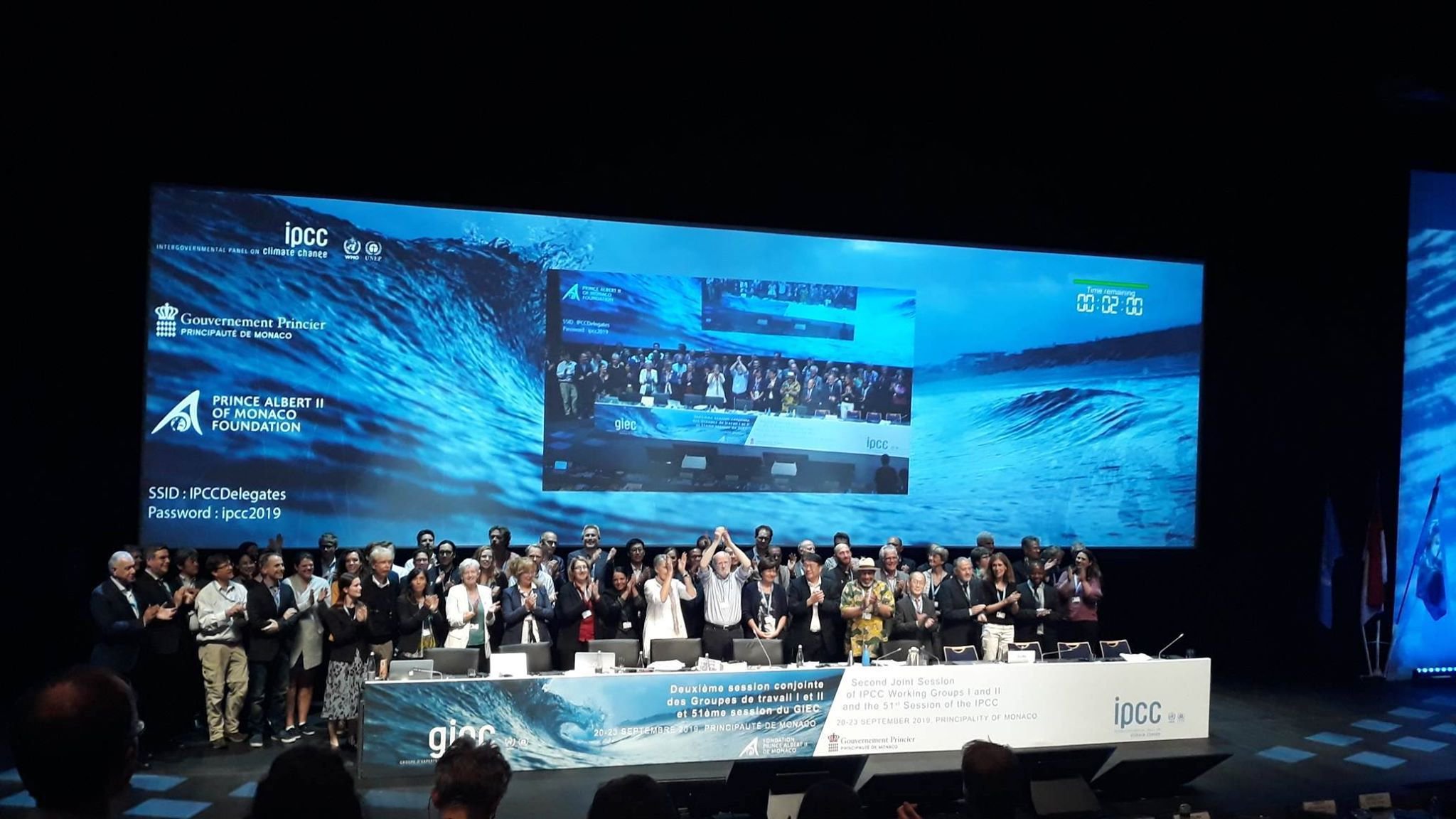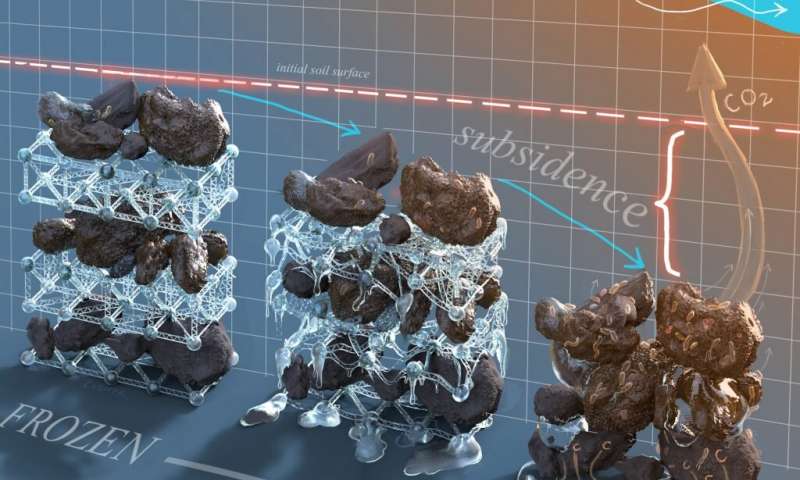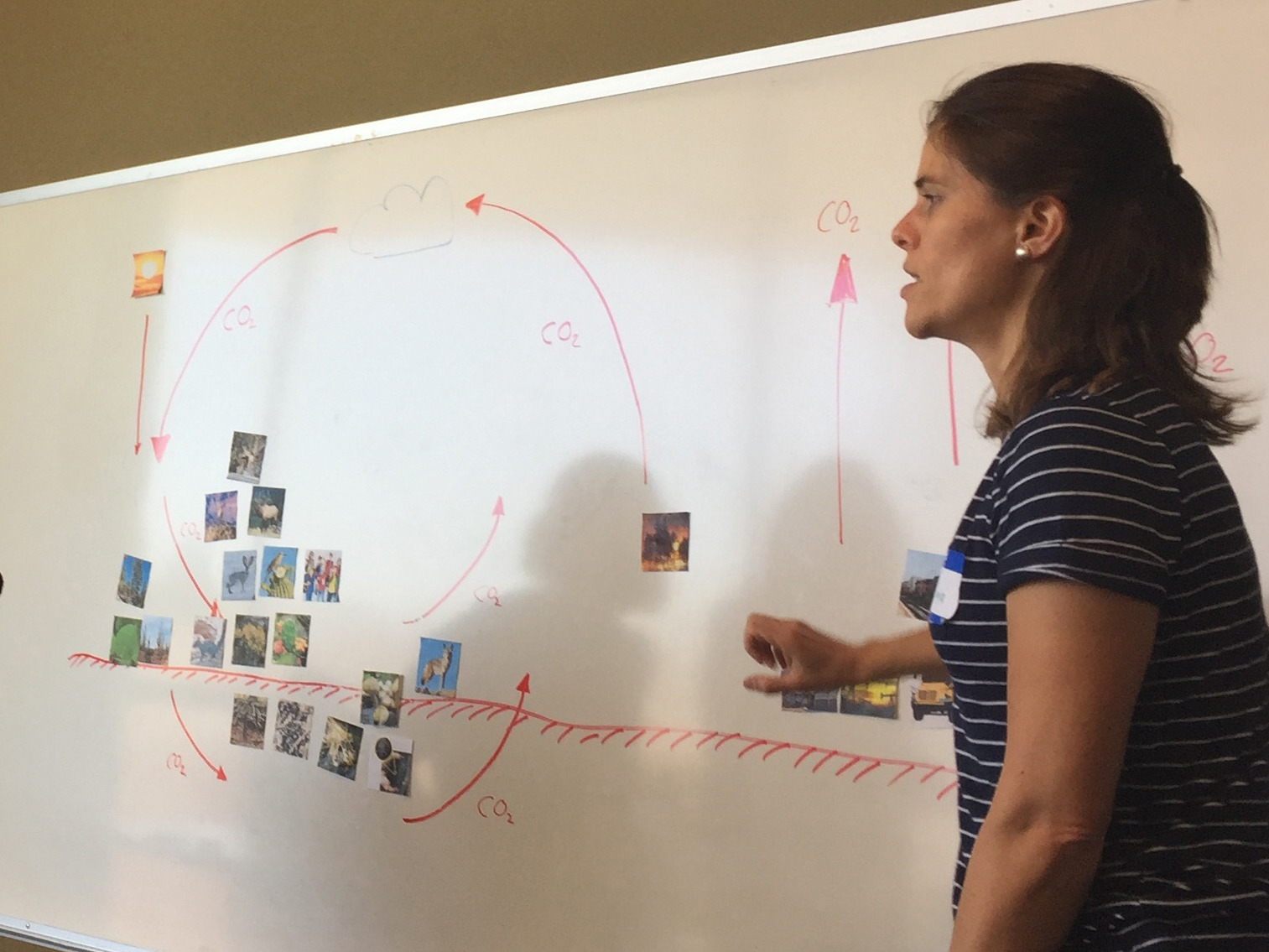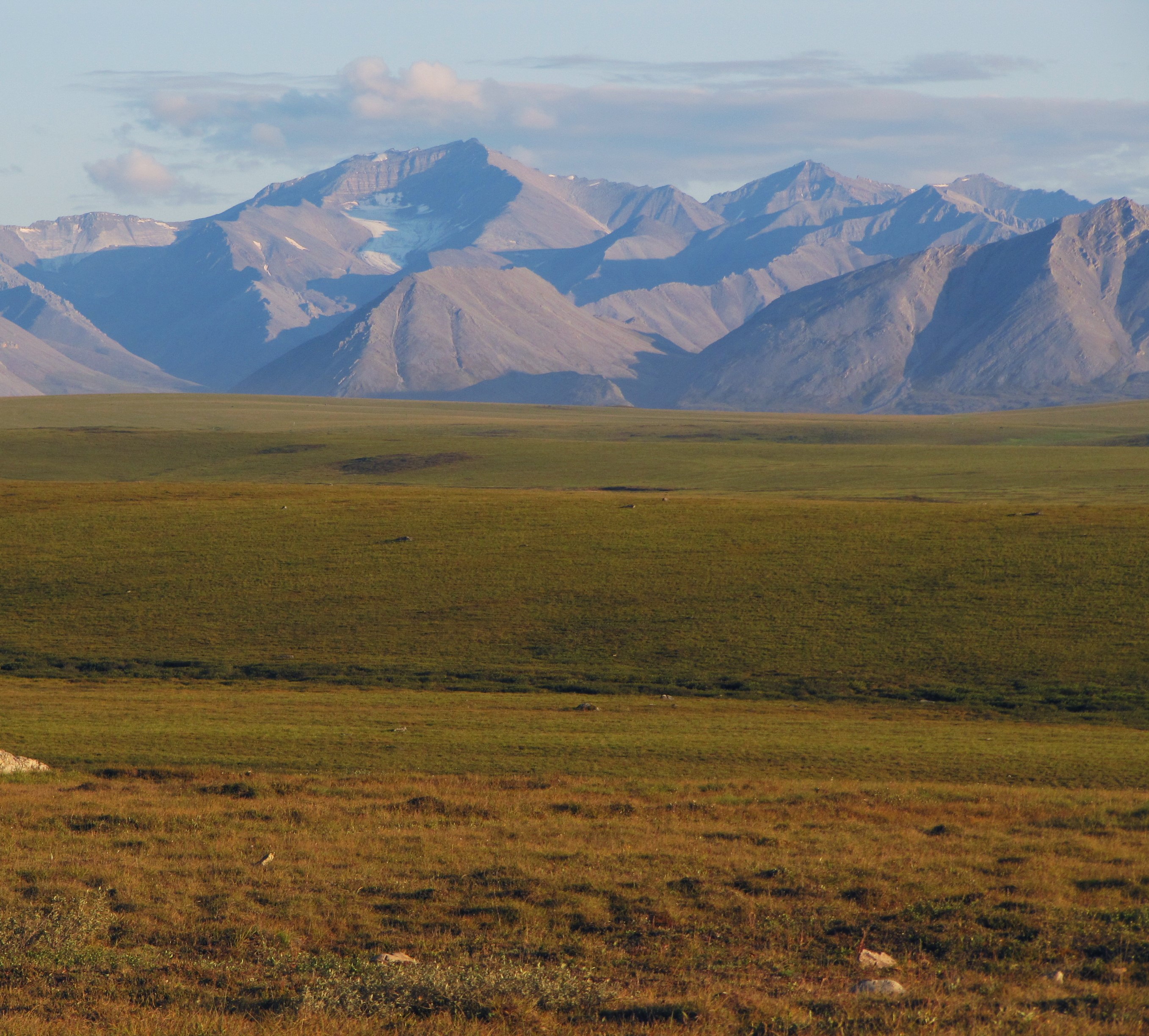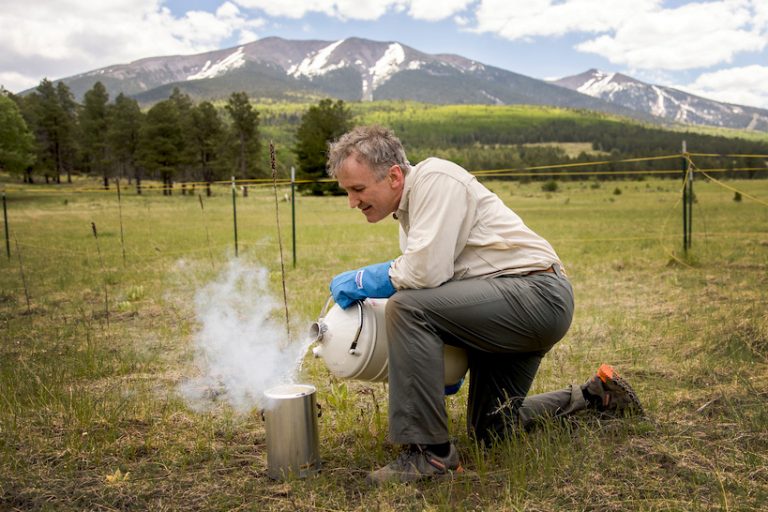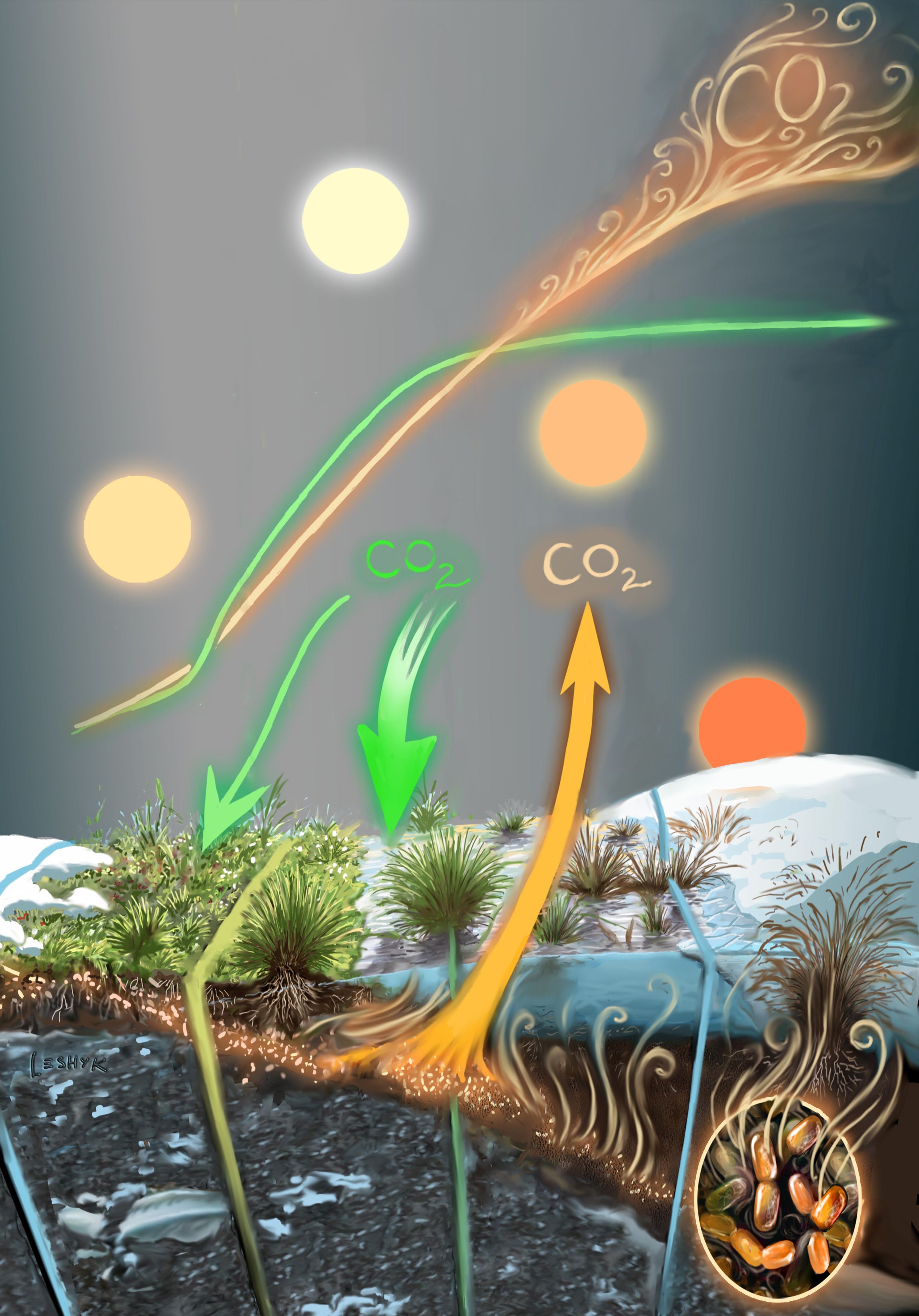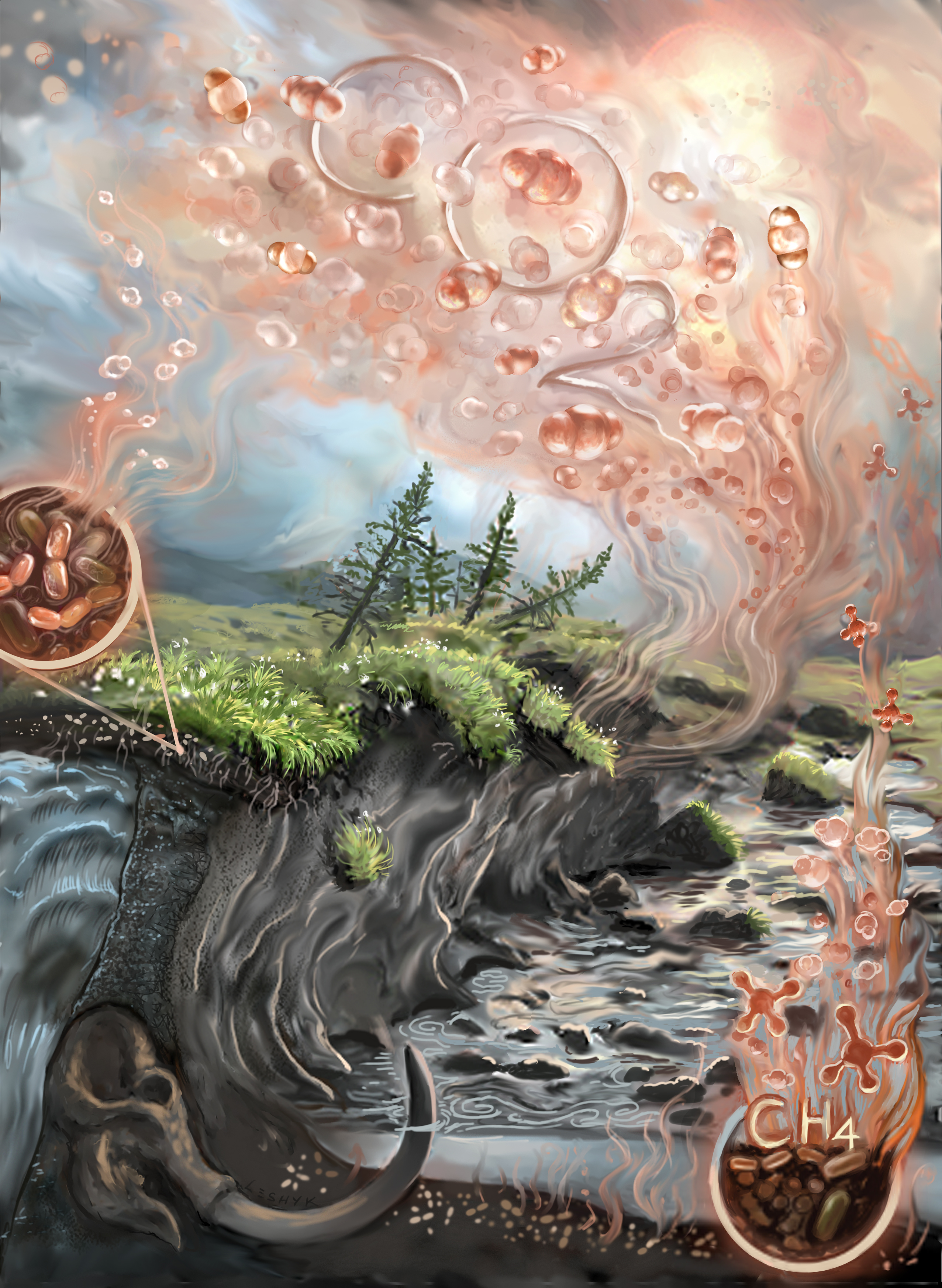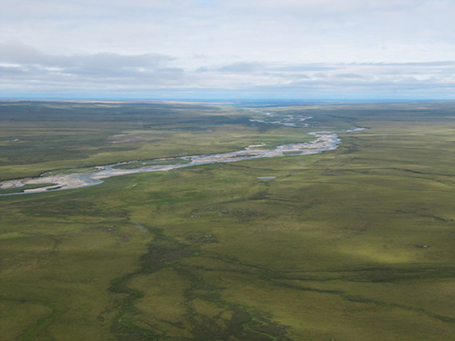Ecoss researchers co-authored IPCC Special Report on Oceans and Changing Cryosphere
The world’s oceans are getting hotter and acidifying under climate change at unprecedented rates, threatening coastal and high-mountain communities, marine ecosystems, and global fishing stocks, according to a new Special Report on the Ocean and Cryosphere in a Changing Climate (SROCC) released this week by the United Nations Intergovernmental Panel Read more…
